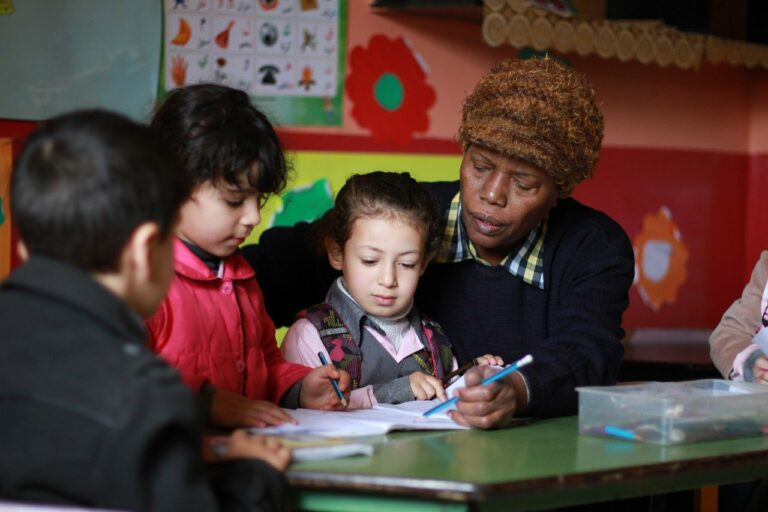Exploring Indigenous Knowledge Systems in Education
Indigenous knowledge systems are deeply rooted in the traditions and wisdom passed down through generations. These systems encompass a holistic understanding of the interconnectedness between all living beings and the environment. This interconnected worldview shapes the way indigenous communities approach various aspects of life, including spirituality, education, and resource management.
Central to indigenous knowledge systems is the concept of reciprocity, emphasizing the importance of maintaining balanced relationships with all living things. This reciprocal relationship extends not only to human interactions but also to how individuals engage with plants, animals, and the land itself. Through practices such as sustainable harvesting, traditional ceremonies, and storytelling, indigenous knowledge systems uphold a harmonious way of life that honors the interconnected web of existence.
Understanding the Role of Oral Tradition in Indigenous Education
Oral tradition plays a vital role in Indigenous education as it serves as a primary means of passing down knowledge, values, and cultural practices from generation to generation. Through storytelling, songs, and ceremonies, Indigenous communities maintain their connection to the past and transmit teachings that are often not found in written texts.
The oral tradition is deeply rooted in the cultural identity of Indigenous peoples and serves as a way to uphold their worldviews and perspectives. By engaging with oral histories and narratives, Indigenous learners gain a holistic understanding of their heritage and develop a sense of belonging within their community. This experiential form of learning fosters critical thinking skills and encourages a deep reverence for the wisdom of their ancestors.
The Importance of Land-Based Learning in Indigenous Education
Land-based learning is a fundamental aspect of Indigenous education, encompassing a deep connection to the land, water, plants, and animals. Through experiential learning on the land, Indigenous knowledge is passed down from one generation to the next, fostering a profound understanding of cultural practices, spirituality, and environmental stewardship. This hands-on approach allows for holistic learning that engages all the senses and integrates traditional teachings with contemporary education.
Indigenous communities view the land as a teacher, providing valuable lessons on sustainability, reciprocity, and interconnectedness. By learning directly from the land, students develop a sense of responsibility towards the environment and gain practical skills that are essential for their livelihoods. Land-based learning not only imparts knowledge about the natural world but also instills a sense of pride in cultural heritage and identity, promoting resilience and empowerment among Indigenous youth.





